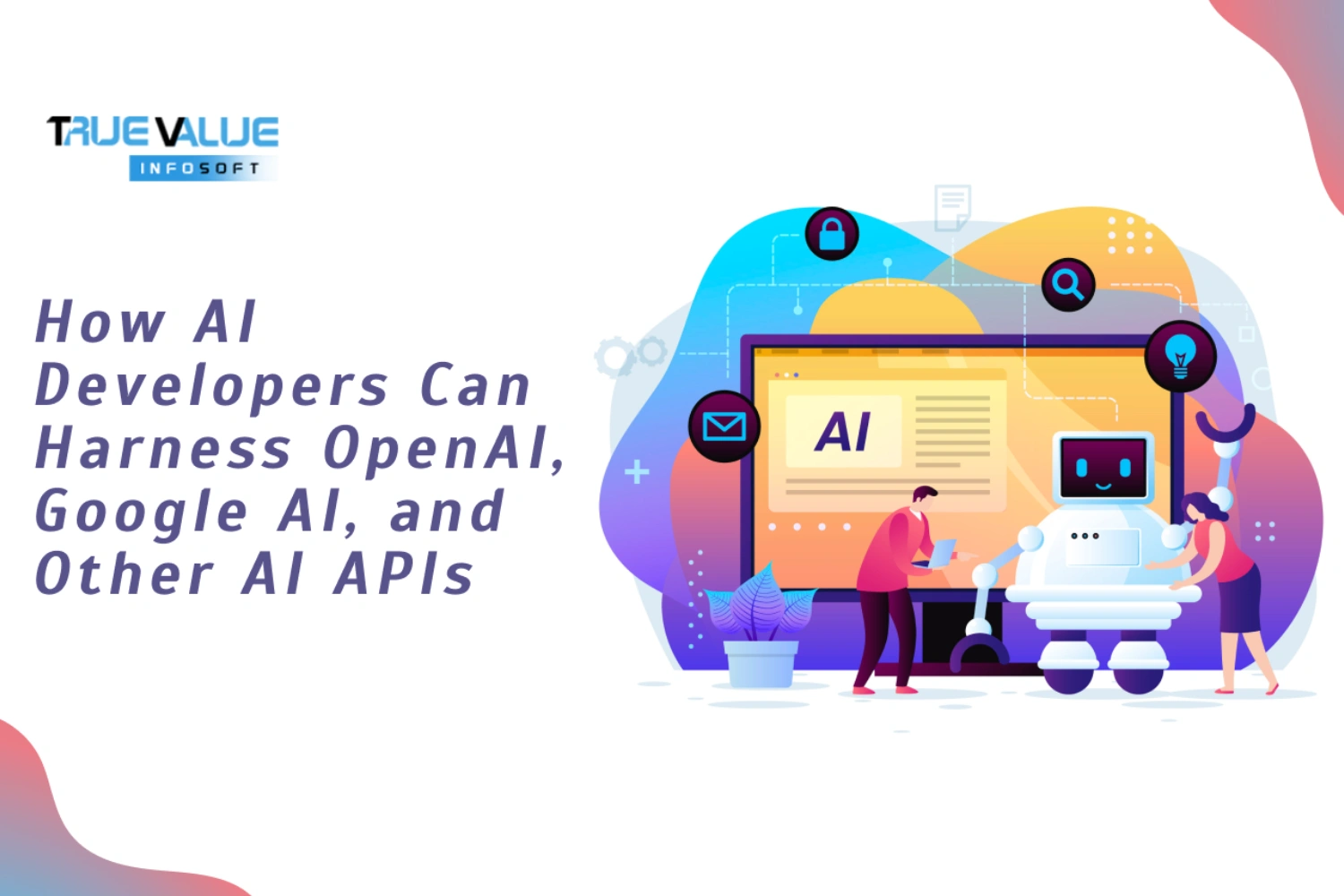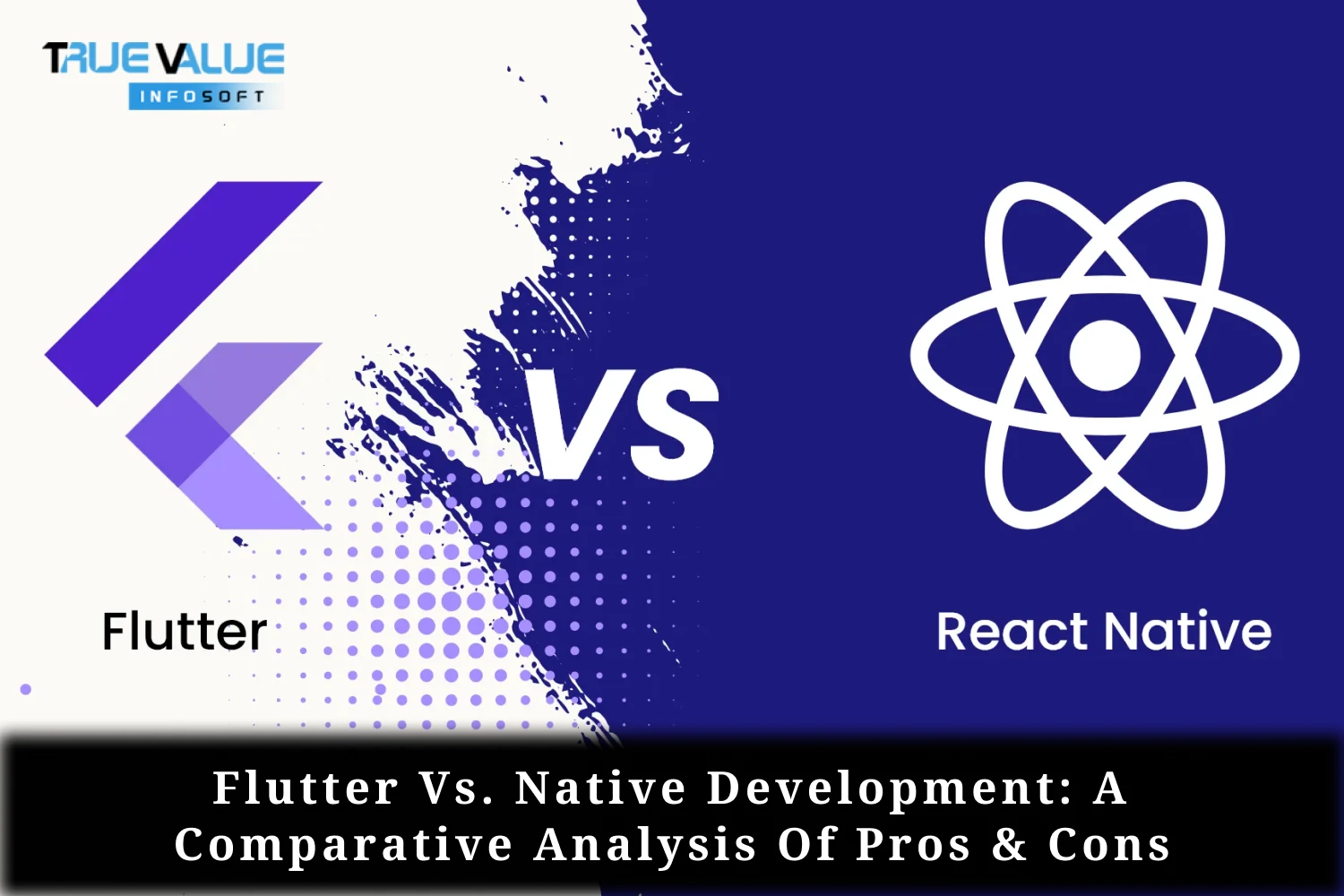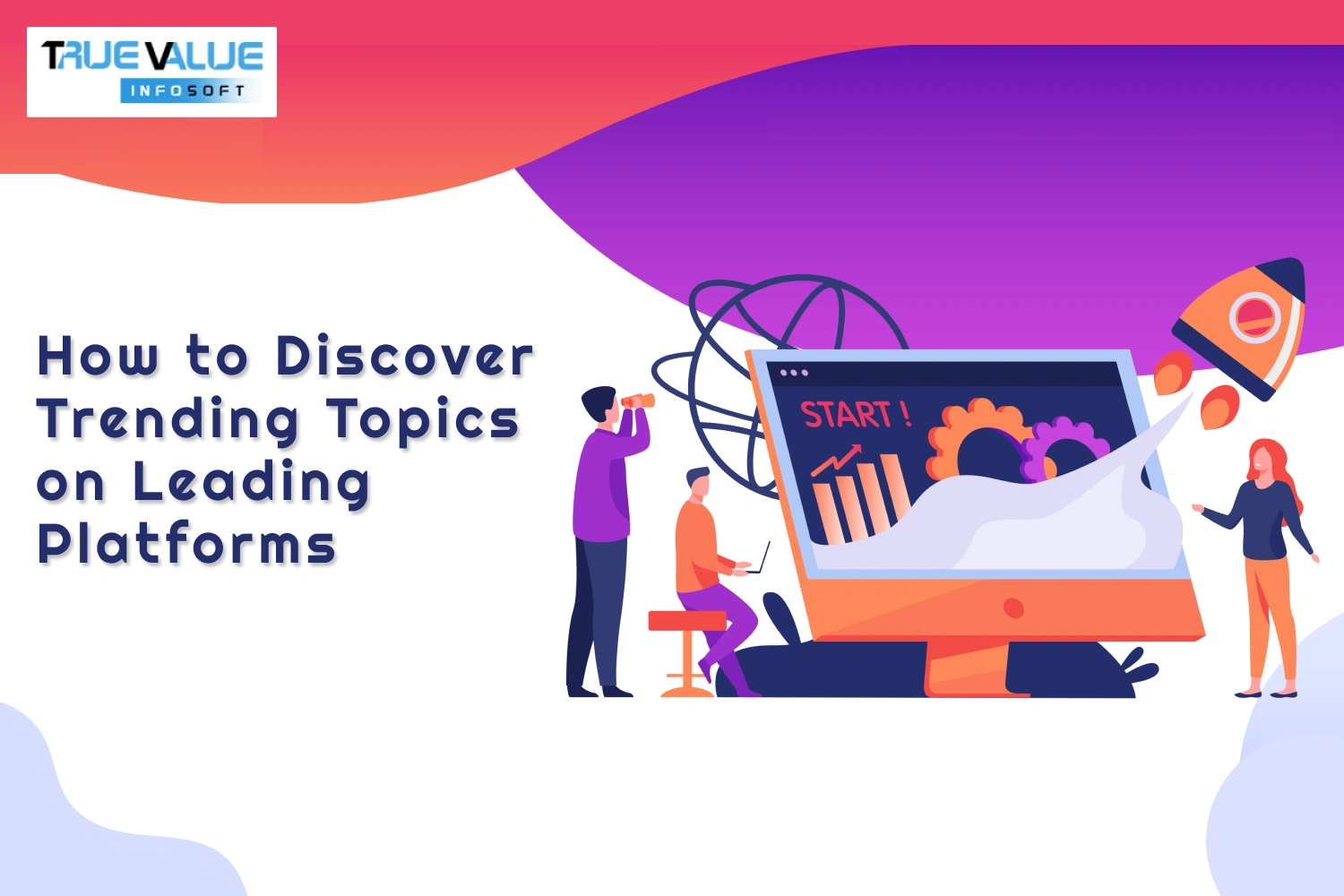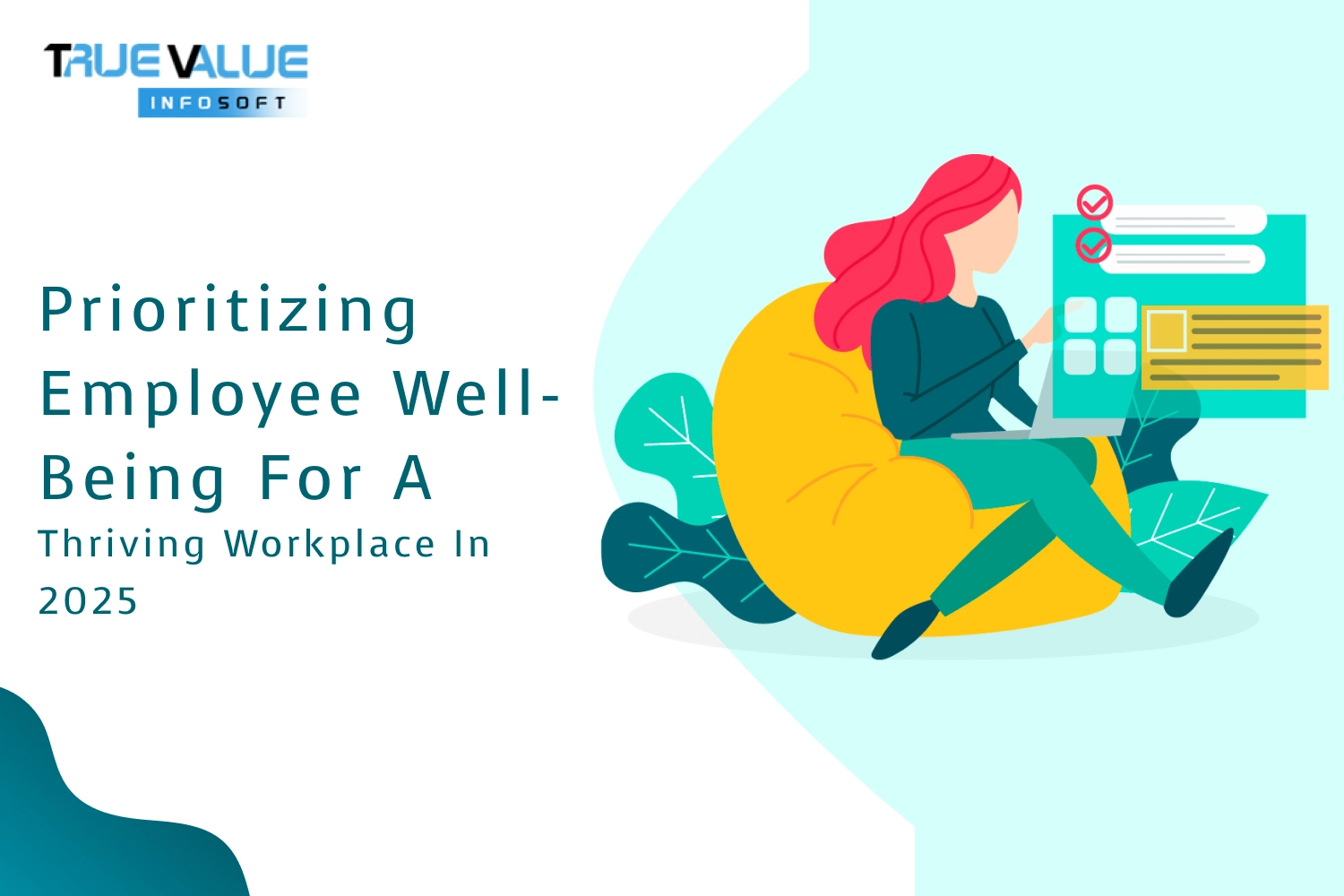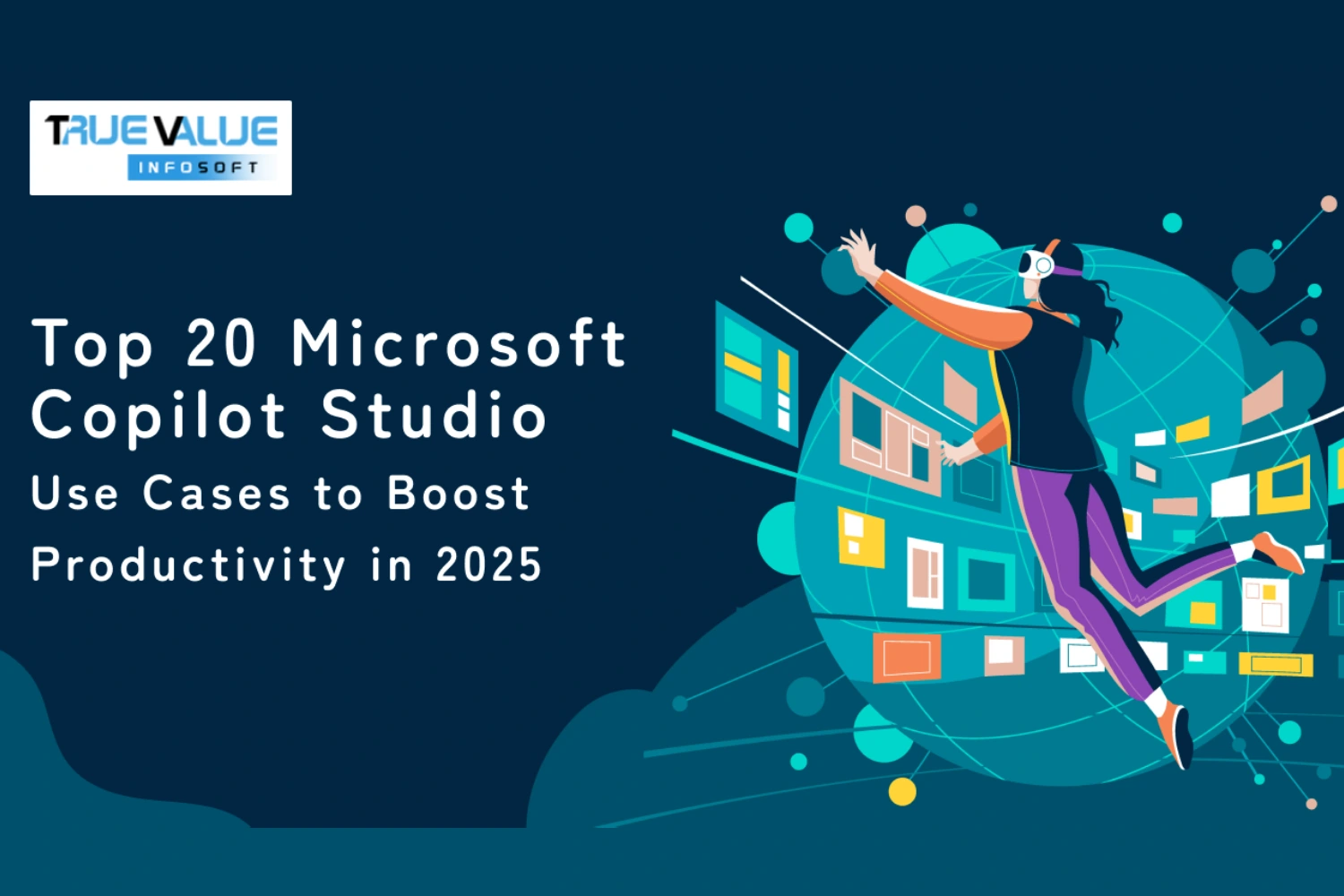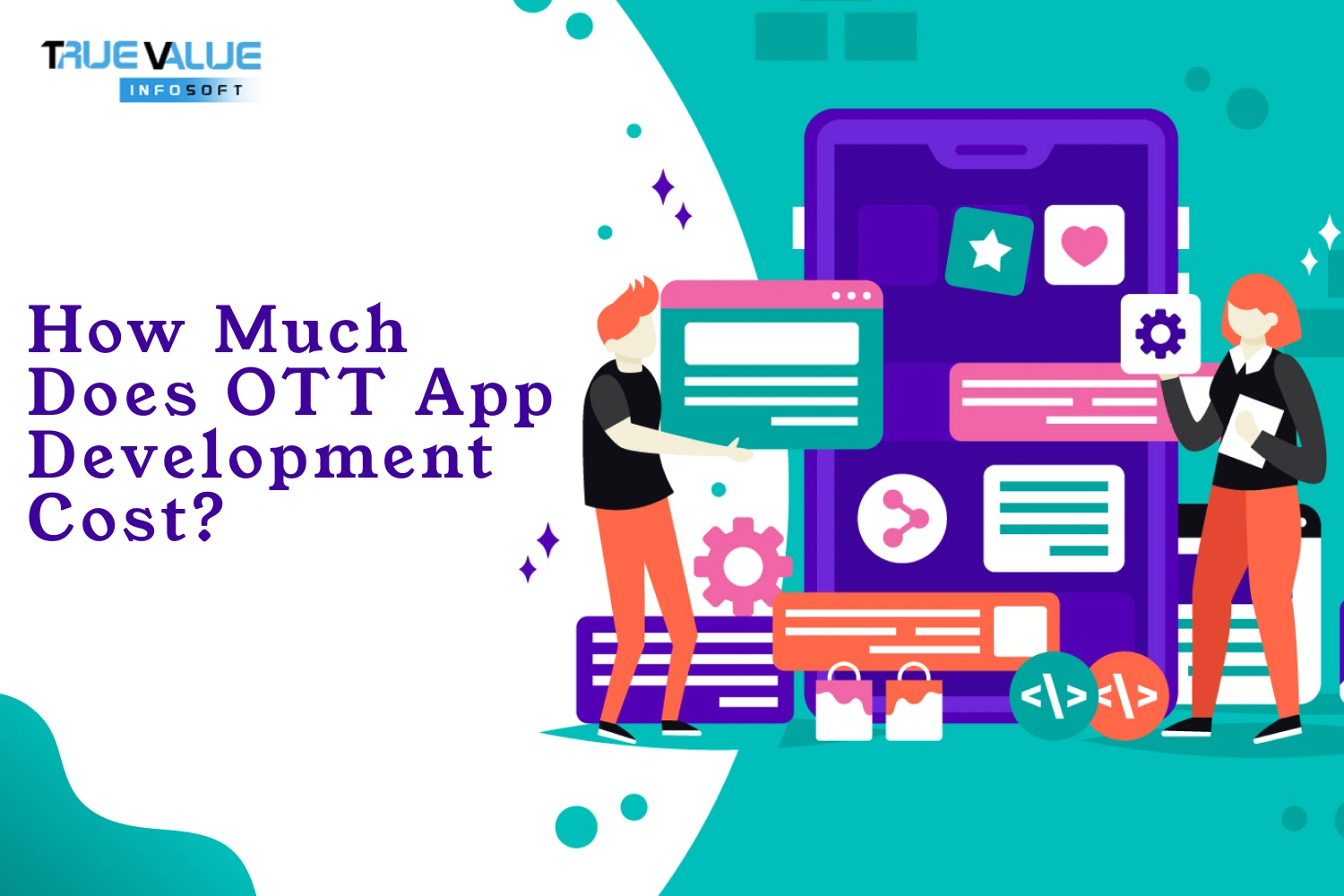Introduction
Have you ever wondered how artificial intelligence is revolutionizing the app development industry? AI has become an integral part of modern technology, enabling developers to build intelligent applications that can automate tasks, analyze vast amounts of data, and enhance user experiences. As AI technology advances, developers have access to powerful AI APIs from leading providers like OpenAI, Google AI, and others. These APIs offer pre-trained models, machine learning capabilities, natural language processing, computer vision, and much more, empowering developers to create cutting-edge AI-powered applications.
True Value Infosoft, the best app development company in India, specializes in integrating AI solutions into applications, ensuring efficiency, scalability, and innovation. With expertise in leveraging AI APIs, True Value Infosoft helps businesses harness the power of artificial intelligence for various industries, including healthcare, finance, education, and retail.
In this blog, we will explore the capabilities of OpenAI, Google AI, and other AI APIs, compare their features, and discuss how AI developers can leverage these powerful tools to build smarter applications. We will also explain why True Value Infosoft is the best choice for AI app development and answer some frequently asked questions related to AI APIs.
OpenAI APIs
OpenAI is one of the leading AI research and deployment companies that provides developers with powerful AI tools such as GPT (Generative Pre-trained Transformer), DALL-E, Codex, and Whisper. OpenAI's APIs allow developers to build applications that utilize advanced natural language processing (NLP), content generation, image generation, and speech-to-text capabilities.
OpenAI offers a suite of powerful APIs that developers can use to build intelligent applications. Some of the key offerings include:
1. GPT-4 and ChatGPT API
OpenAI’s GPT-4 and ChatGPT APIs allow developers to integrate natural language processing (NLP) into their applications. These APIs are widely used for chatbots, content generation, summarization, and code assistance.
Use Cases:
- Customer support chatbots
- AI-powered writing assistants
- Code completion and debugging tools
How to Leverage:
- Use the OpenAI API to generate responses in customer service bots.
- Automate content creation for blogs, marketing copy, and social media posts.
- Enhance coding platforms with AI-assisted code generation.
2. DALL·E API
DALL·E is an AI model for generating images from text descriptions. Developers can integrate it to create custom visuals for various applications.
Use Cases:
- Generating artwork and illustrations
- Creating marketing visuals
- Personalizing user-generated content
How to Leverage:
- Use the API to dynamically generate product images for e-commerce.
- Enable users to create unique profile avatars using AI.
3. Whisper API
Whisper is OpenAI’s automatic speech recognition (ASR) system that enables real-time speech-to-text capabilities.
Use Cases:
- Transcribing meetings and interviews
- Voice assistants
- Subtitling videos
How to Leverage:
- Implement automatic transcription features in note-taking apps.
- Integrate with call centers for automated call transcription.
Google AI APIs
Google AI offers a wide range of AI and machine learning tools through Google Cloud AI and TensorFlow. Google AI APIs include Vision AI, Natural Language API, Speech-to-Text, and AutoML, allowing developers to integrate powerful AI features into their applications. Google AI provides robust cloud-based AI solutions that are highly scalable and easy to use.
Google provides a comprehensive set of AI APIs through its Google Cloud AI services. These APIs leverage Google’s powerful machine learning models.
1. Google Cloud Vision API
This API provides image analysis capabilities, including object detection, text extraction, and facial recognition.
Use Cases:
- Scanning documents for text extraction
- Identifying objects and landmarks in images
- Enhancing security with facial recognition
How to Leverage:
- Develop a mobile app that scans receipts and extracts data.
- Implement image-based search features for e-commerce platforms.
2. Google Natural Language API
This API analyzes text for sentiment, entity recognition, and syntax.
Use Cases:
- Sentiment analysis for customer reviews
- Automated content moderation
- Chatbot intent recognition
How to Leverage:
- Use it to analyze user feedback and improve products.
- Implement automated moderation for forums and social media.
3. Google Speech-to-Text and Text-to-Speech APIs
These APIs enable applications to convert speech into text and vice versa.
Use Cases:
- Real-time transcription services
- Voice-controlled applications
- Accessibility features for the visually impaired
How to Leverage:
- Develop voice-based search assistants for mobile applications.
- Provide multilingual support with text-to-speech translation.
Microsoft Azure AI APIs
Microsoft Azure provides a wide range of AI services that developers can integrate into their applications.
1. Azure Cognitive Services
Azure’s Cognitive Services include various AI models for vision, speech, language, and decision-making.
Use Cases:
- Detecting emotions in images
- Automating document processing
- Enhancing customer interactions with AI-driven insights
How to Leverage:
- Implement face recognition for security applications.
- Use AI for personalized recommendations in e-commerce.
2. Azure Bot Service
This service allows developers to build, test, and deploy AI-powered chatbots.
Use Cases:
- Virtual customer assistants
- Automated booking and scheduling bots
How to Leverage:
- Develop a chatbot to handle common customer queries in online stores.
Other AI APIs Worth Exploring
1. IBM Watson AI
IBM Watson provides NLP, machine learning, and data analysis capabilities.
2. Amazon AI Services
AWS AI services include image and video recognition, speech synthesis, and personalized recommendations.
3. Hugging Face API
Hugging Face offers open-source AI models for NLP tasks, making it a great choice for developers working on conversational AI.
Best Practices for Using AI APIs
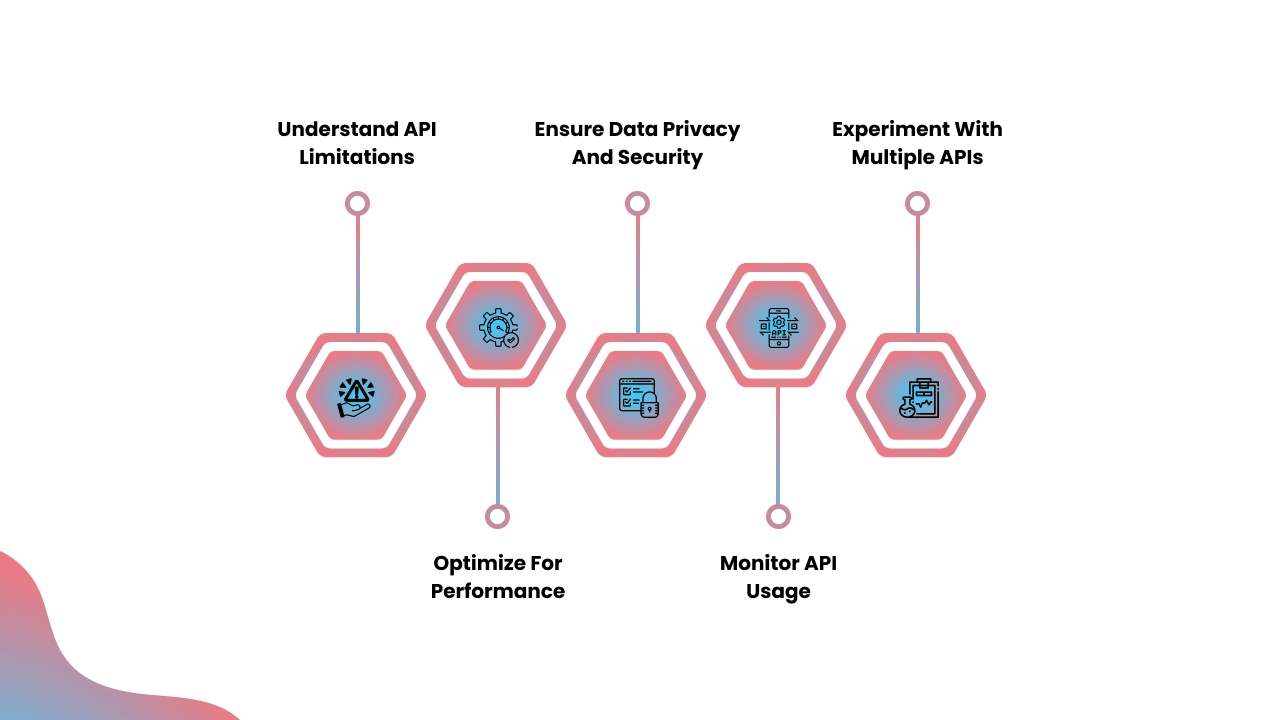
1. Understand API Limitations
Each API has strengths and weaknesses. Developers should thoroughly understand the capabilities and constraints before implementation.
2. Optimize for Performance
Use caching, request batching, and response filtering to improve API efficiency and reduce latency.
3. Ensure Data Privacy and Security
When using AI APIs, handle user data responsibly by following data privacy regulations such as GDPR and CCPA.
4. Monitor API Usage
APIs come with rate limits and pricing considerations. Keep track of usage to avoid unexpected costs.
5. Experiment with Multiple APIs
Sometimes, combining different APIs can yield better results. For example, using OpenAI’s GPT for conversation and Google Vision API for image analysis can create a more comprehensive AI-powered application.
Comparison of OpenAI, Google AI, and Other AI APIs
| Feature | OpenAI | Google AI | Other AI APIs |
|---|---|---|---|
| NLP & Text Generation | GPT Models | Natural Language API | IBM Watson, Azure AI |
| Image Generation | DALL-E | Vision AI | Amazon Rekognition |
| Speech Processing | Whisper | Speech-to-Text | AWS Polly, Azure Speech AI |
| Machine Learning | Codex, AI-powered training | AutoML, TensorFlow | IBM Watson ML, SageMaker |
| AI Deployment | API-based integration | Cloud-based AI solutions | Various cloud platforms |
Why True Value Infosoft is the Best for AI App Development
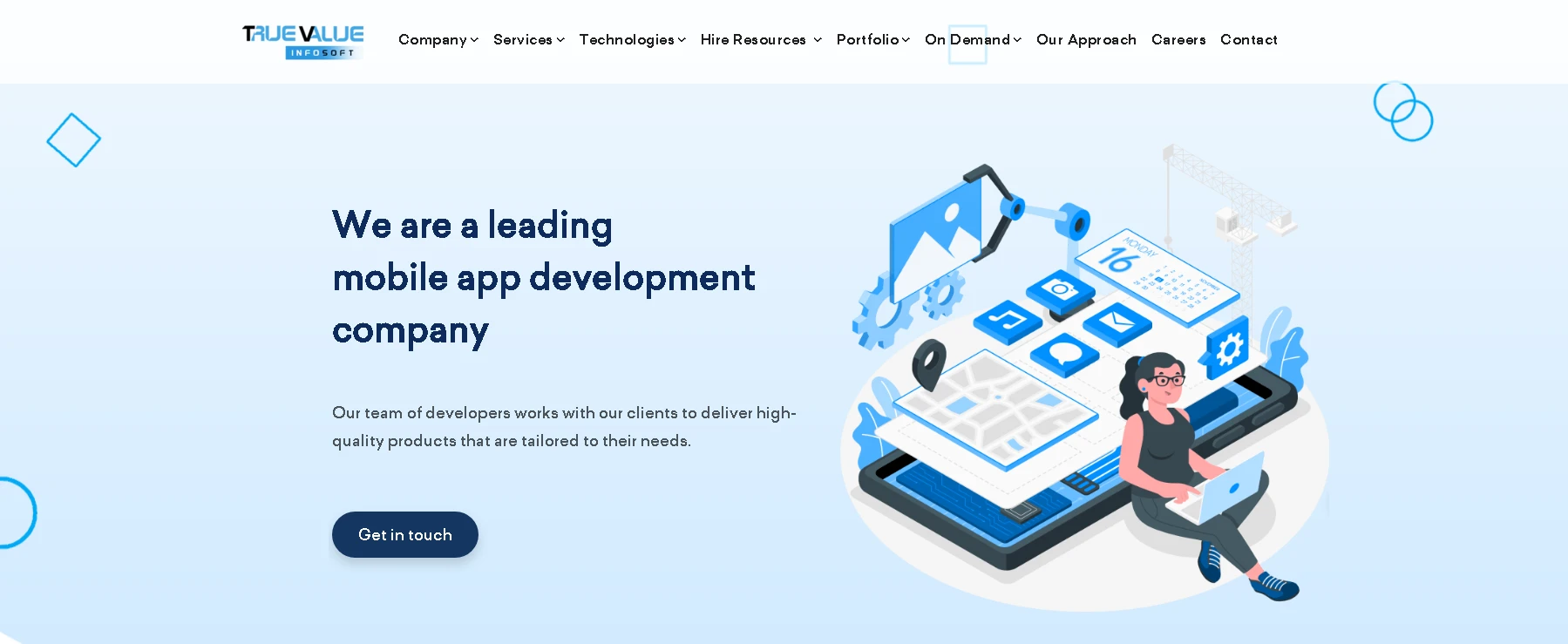
True Value Infosoft, Mobile app development company in India, stands out as a leader in AI-powered app development. With years of expertise in AI integration, True Value Infosoft provides innovative and scalable AI solutions tailored to businesses across different industries.
- Expert AI Developers: The team comprises skilled professionals with extensive experience in AI and machine learning technologies.
- Custom AI Solutions: True Value Infosoft designs AI-powered applications tailored to specific business needs.
- Cutting-Edge Technology: The company leverages the latest AI APIs from OpenAI, Google AI, and other providers to develop intelligent applications.
- Seamless Integration: The company ensures seamless integration of AI capabilities into existing software solutions.
- End-to-End Development: True Value Infosoft provides complete AI app development services, from planning to deployment and maintenance.
Conclusion
AI APIs have transformed the way developers build intelligent applications. OpenAI, Google AI, and other AI platforms provide powerful tools for natural language processing, image analysis, speech recognition, and machine learning. By leveraging these AI APIs, developers can create more efficient, scalable, and intelligent applications. True Value Infosoft, as a leading AI app development company, offers the expertise and innovation needed to build next-generation AI applications.
FAQs
OpenAI’s GPT models and Google’s Natural Language API are among the best options for NLP applications.
Google Vision AI and Amazon Rekognition provide powerful image analysis and recognition features.
Developers can integrate AI APIs to automate tasks such as customer support, data analysis, and content generation.
True Value Infosoft offers expert AI development, custom AI solutions, and seamless AI integration for businesses.
The cost of AI APIs varies based on usage, features, and provider. Most AI APIs offer flexible pricing models to suit different needs.
